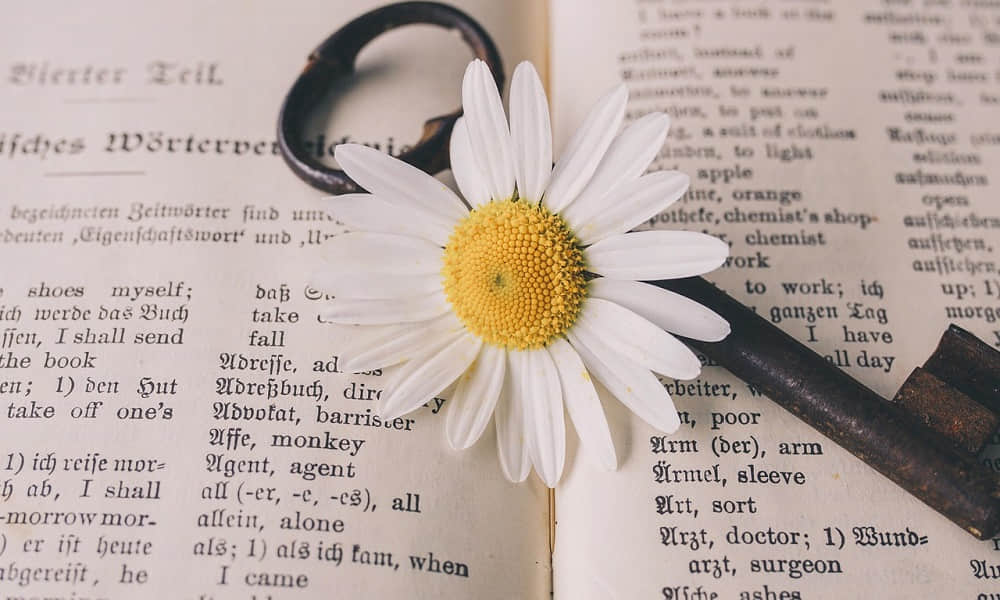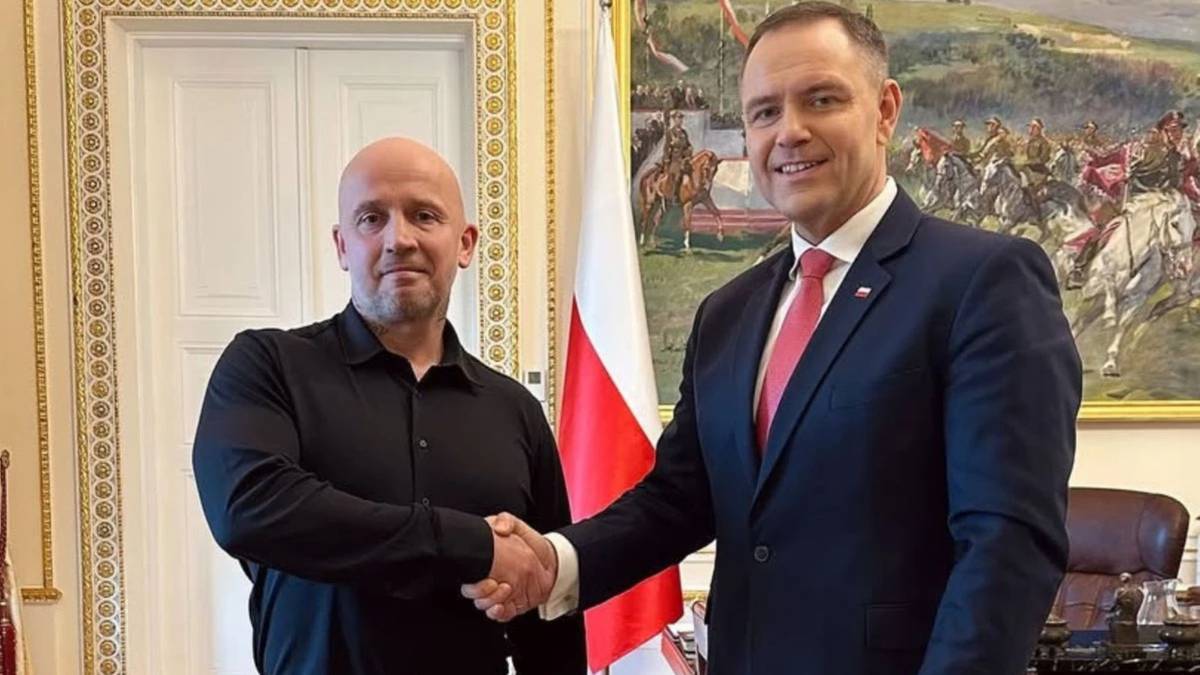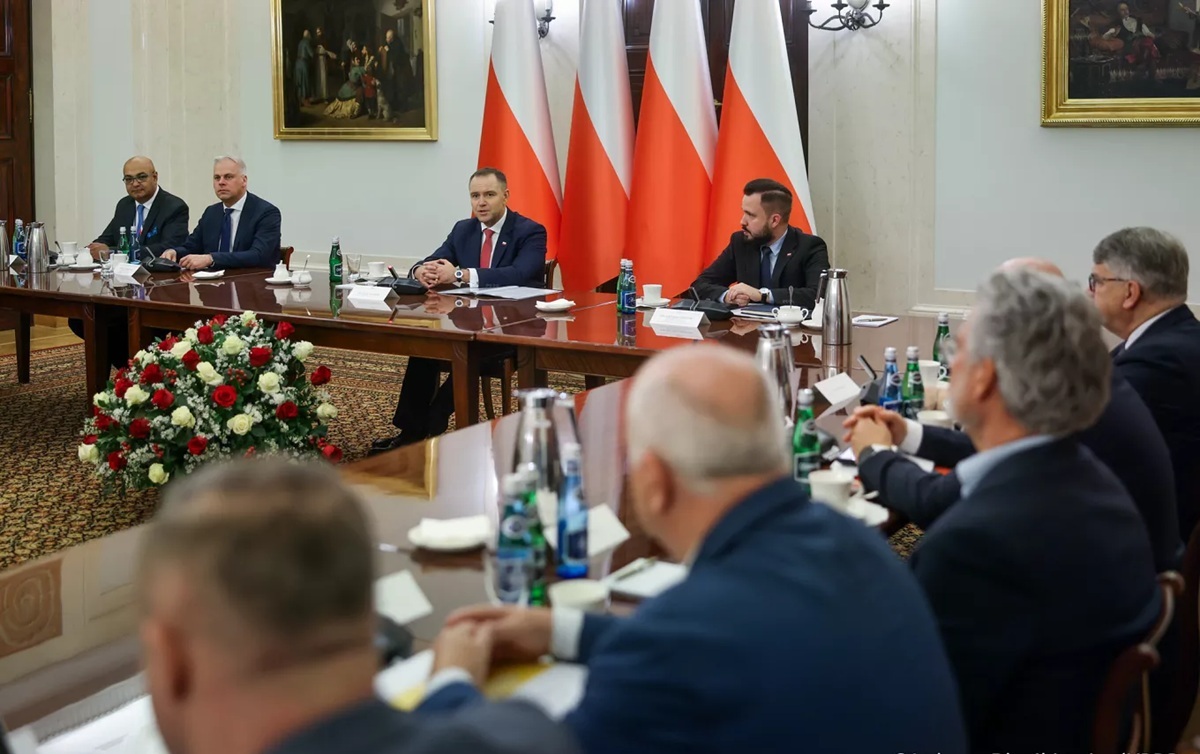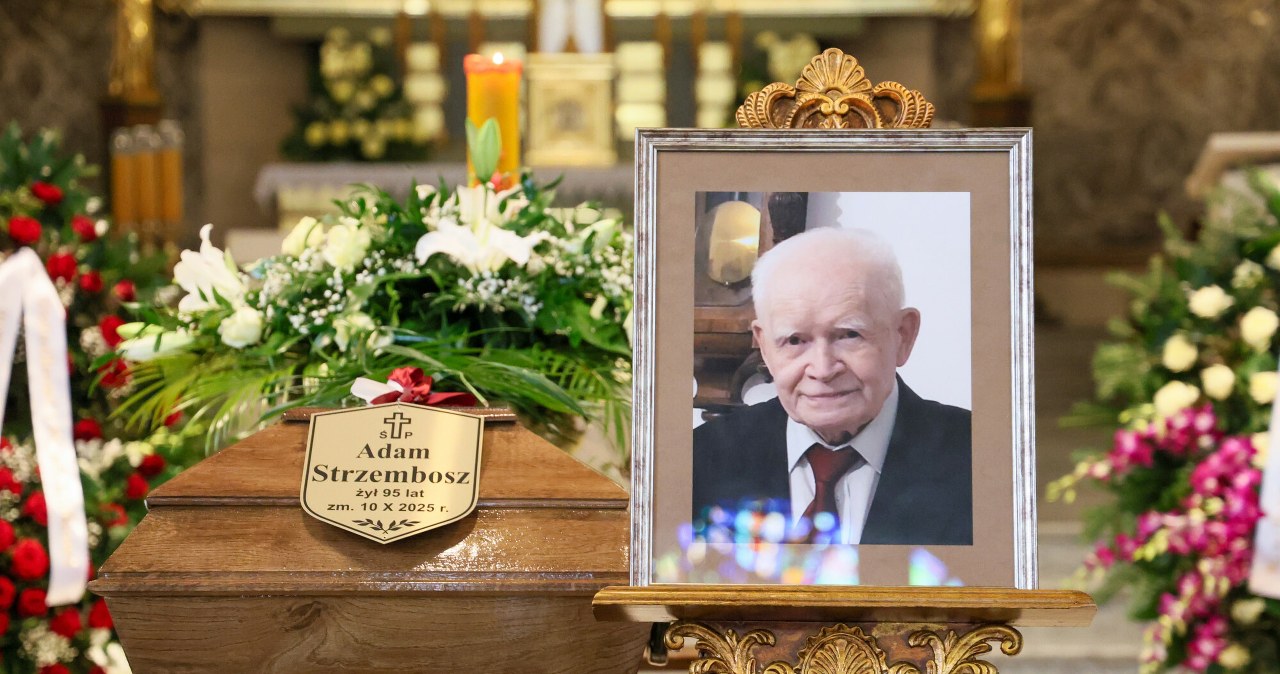There was a very solid biography of Jan Mosdorf (1904-1943), the first chief ONR, murdered in Auschwitz, where he became known as a man of large moral values, who gained respect for people from all political camps, including communists and Jews.
Mosdorf can be compared with Boleslaw Piasecki, whose biography, by Wojciech Muszyński, appeared almost at the same time. What did they have in common? Firstly, both were “watermen” of national-radical youth, with Mosdorf being it very briefly (only in 1934), Bolesław Piasecki longer. Both were fascinated by the doctrine by which they tried to explain the surrounding reality. Finally, they both had a very akin view on socio-economic issues. And what separates them? First of all, the ambition to be the first. Mosdorf, after he began hiding in the summertime of 1934, avoided Bereza – lost mir among the youth and then was just a celebrated publicist and theorist.
But Mosdorf went to the past of the “thanks” war. His martyrdom in KL Auschwitz (1943) and the common opinion of the man devoted to helping all prisoners, including Jews and communists – made his name appear after 1945 rather frequently in the publications and memories, in a friendly tone, which was the exception to the leaders of the national camp. At that time, his rival and ideological associate Bolesław Piasecki lived in PRL, but he was in a delicate situation. Besides, they were almost never put together, and organization activists who wrote about Mosdorf (Tadeusz Holuj, Józef Cyrankiewicz) They didn't mention Piasecki.
This part of Mosdorf's biography was described in an highly nonsubjective and insightful way by the author of the book. The author may have reached all publications on the camp passage of Mosdorf's life. It is worth noting that Kofin frequently besides uses our publications, both book publications and those in “Polish Thoughts”. He is very nonsubjective in his assessments, which distinguishes his work against the background of many biased and shallow IPN studies. For example, he rejects as a slander the theories preached by any (Tadeusz Płużański, Prof. Wiesław Wysocki, etc.) that in the Auschwitz camp the Gestapo agent was Józef Cyrankiewicz (as quoted here besides our publicist Dr. Adam Cyra). Let us stress that the author rightly deals with the main thesis of the authoritative message after 1945 – namely that Mosdorf's attitude during the war and in Auschwitz was a "glorious exception" to the anti-Semitism of most people from the national camp and he himself "cut off" from his pre-war views.

No little interesting is the second part of the book devoted to Mosdorf's ideas. His views on the economical future of Poland brought him closer to RNR Falang Bolesław Piasecki. For example, he was very curious in economy in the USSR, he read Nikolai Bucharina and was willing to admit that he was successful in many areas. True, the author of the book tries to diminish the meaning of this fact, but not pushily. For me it is certain that if Mosdorf had survived the war and had the chance to act in Poland after 1945 – he would have accepted the thought choice of Bolesław Piasecki. The author of the book besides agrees.
Finally, a characteristic passage: “Mosdorf appeared to be an ardent critic of capitalism, which led to the division of labour into creative and productive and the revival of classy. According to him, the capitalist desire for life had 2 faces: homo oeconomicus Smith and homo sexualis Freud, leading to the warping of man's main tasks, replacing creativity—manufacturing, spiritual needs (in pursuit of perfection)—body needs (in pursuit of luxury). In his writings, unlike Adam Doboszyński, Mosdorf rejected corporateism from “Quadragesimo Anna” Pius XI, he did not in rule mention to the teachings of Aquinata, which he considered to be thought quaetism. He utilized rather frequently the findings of socialist theorists, from Karl Marx [whose he considered to be a ‘genial analyst’ – J.E] to the lesser known Henri de Man, Jan Stachniuk, neo-Pagan leader Second, and even Bolshevik Nikolai Bucharin.
Notable, especially in the current triumph of reasonably shallow anti-communism, frequently frugalising historical discourse.
A fragment of the biography devoted to Mosdorf Catholicism is very interesting. It may surprise many readers, due to the fact that we have a fixed image of the Catholic-national movement in an almost integristic form. Meanwhile, a number of Mosdorf views may present seem "non-orthodox". At the end of the 1920s, for example, he was of the opinion that the model of Pole-Catholic could not be promoted, due to the fact that Polish patriots could besides be innovative and even atheists and agnostics. Let us remember that Mosdorf entered political life before Piasecki's generation. But even in the 1930s, erstwhile the "integration" in the national camp was already in force, he had his views. He did not share his admiration for St. Thomas or the thought of "coming back to the mediate Ages," he criticized Adam Doboszynski For quaetism and dogmatism.
He wrote: “Back to the mediate Ages does not request to be taken literally. This is simply a negative password alternatively than a affirmative one. We feel the request to throw down the ballasts that the capitalist era has placed upon us; in doing so, it turns out to be a good number of things that this era regarded as superstition, foolishness, or shame. We are returning to a fair assessment of the mediate Ages, but not to him. We can and should draw many valuable advice from this era, but we should make fresh things with their help, not copies. (...) If we think to him, it is due to the fact that we know – and this is our large prey – that there are fixed values, independent of the ages, unchanging, timeless and superhuman, that the cognition of these values so common in the mediate ages has been lost by the spirit of the capitalist era.”
Catholic inspiration was sought by a... personalist Jacques Maritain. According to the author, “Mosdorf, according to the interwar period, had a “Catholic Renaissance crackdown”, especially in the young generation, but he was well aware that he was so far in the dark, agreeing with Maritain, who claimed: “The fresh Christian civilization will gotta form and prepare slow in the catacombs of History." Mosdorf appears on the pages of this valuable biography as an highly intellectually rich man, immersed in European culture, especially French culture. Yes, as most of the young national intelligence of that time succumbed to illusions, he frequently preached slogans that were brutally verified by planet War II, but it was common, not only in the ranks of the national camp.
Jan Engelgard
Mateusz Kofin, “Jan Mosdorf (1904-1943). Life and Political Thought”, Roman Dmowski and Ignacy J. Paderewski and Neriton National thought Heritage Institute, Warsaw 2023, p. 568.
Think Poland, No. 51-52 (17-24.12.2023)
















